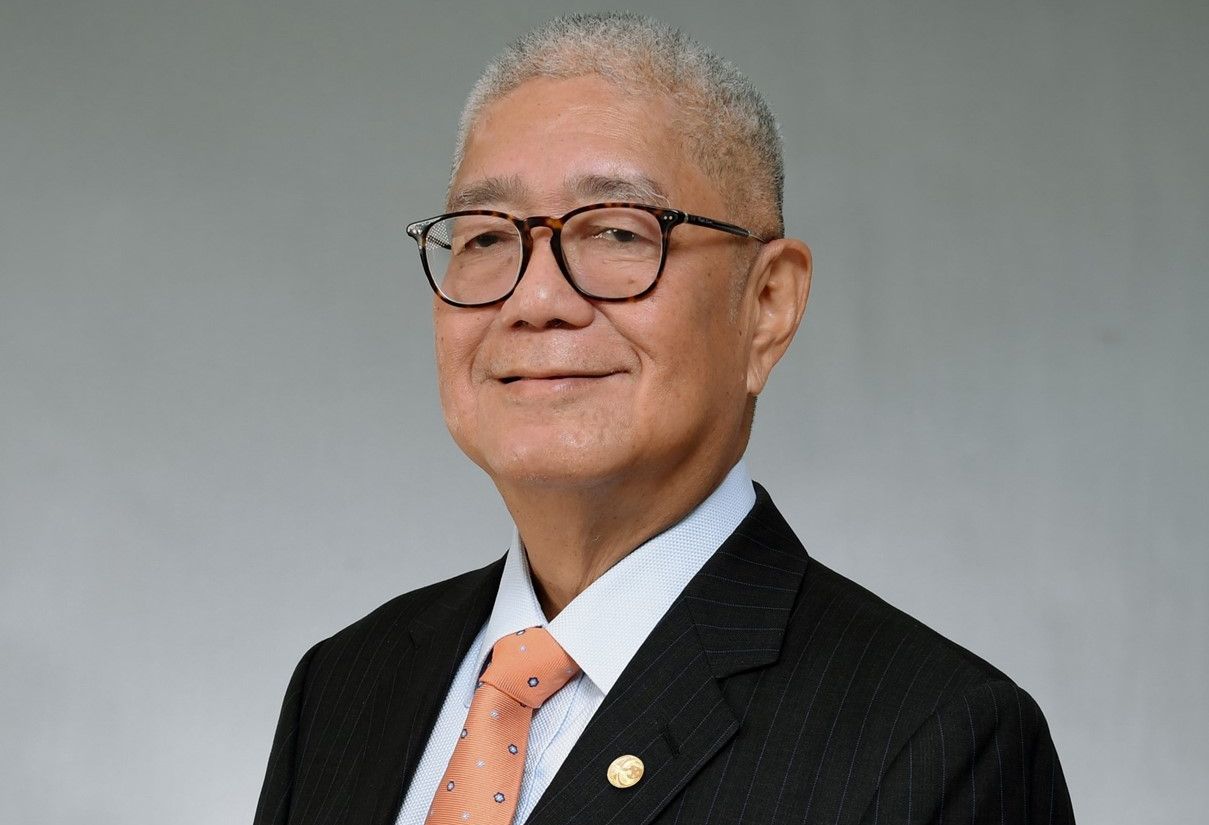The Bangko Sentral ng Pilipinas (BSP) sees itself as playing a part in accelerating financing for eligible projects to support the country’s pathway to net zero. “The BSP can be an enabler, a mobilizer, and a convenor,” says Eli Remolona, governor of the Philippine central bank, in written replies to questions from The Asset.
 Bangko Sentral ng Pilipinas governor Eli Remolona sees the need for a taxonomy to attract further foreign investment in climate change mitigation and adaptation projects.
Bangko Sentral ng Pilipinas governor Eli Remolona sees the need for a taxonomy to attract further foreign investment in climate change mitigation and adaptation projects.
Remolona, who became the seventh governor of the BSP in July 2023 following nearly two decades with the Bank of International Settlements, shares that the central bank has provided an environment that incentivizes banks to contribute to narrowing the financing gap for climate change mitigation and adaptation.
“The BSP has issued sustainability-related guidelines to strengthen banks’ responses to managing environmental and social risks and, in turn, unlock financing for green or sustainable projects,” he shares.
The incentive measures available for banks include recognition of sustainable finance as a mode of compliance with the mandatory agriculture, fisheries, and rural development; increase in the single borrower’s limit (SBL) by 15% for green or sustainable projects; and gradual reduction in the reserve requirement (RR) rate against sustainable bonds issued by banks.
Remolona relates that the BSP, in collaboration with other financial sector regulators including the Securities and Exchange Commission and the Insurance Commission, will be issuing the Philippine Sustainable Finance Taxonomy Guidelines. A draft version was circulated for comments through the first week of October 2023.
He sees the taxonomy as a means to increase transparency in classifying eligible activities and attract further foreign investment in climate change mitigation and adaptation projects in the country.
According to the consultation paper, “the scale of financing needed to meet the Philippines’ climate goals is colossal, with an estimated US$168 billion in green investment opportunities between 2020 and 2030. Climate investments between 2017 and 2021 account for only 1% of total cross-border investment, substantially below its regional peers”. The Philippines has conditionally committed to a 75% reduction in greenhouse gas emissions by 2030.
Under the strengthened sustainability agenda of the BSP, Remolona also intends to convene various parties – banks, government agencies, multilateral development organizations, and other stakeholders – in developing proof-of-concepts or viable climate mitigation and adaptation projects for vulnerable groups and micro, small, and medium enterprises.
“Through this, we will promote adaptation finance as this is more applicable in the country amid climate change and natural hazards,” he points out. “Adaptation finance can be supported by innovative financing mechanism through a mix of private funds, grants, or philanthropic capital.”
To further encourage banks to finance green or sustainable projects, a draft circular for comments, he explains, seeks to amend regulations on SBL and RR – granting an additional SBL of 15% of the net worth of the lending bank for purposes of financing green or sustainable projects, including transition activities to decarbonization; and reducing to 0% the RR rate for existing and new issuances of sustainable bonds by banks.
“The proposed regulatory incentives to scale up sustainable finance are aimed at supporting the achievement of the country’s climate commitments and sustainable development goals (SDGs) as laid down in the Philippine Development Plan and Nationally Determined Contributions. This policy initiative forms part of the BSP’s 11-point Sustainable Central Banking Strategy.”









